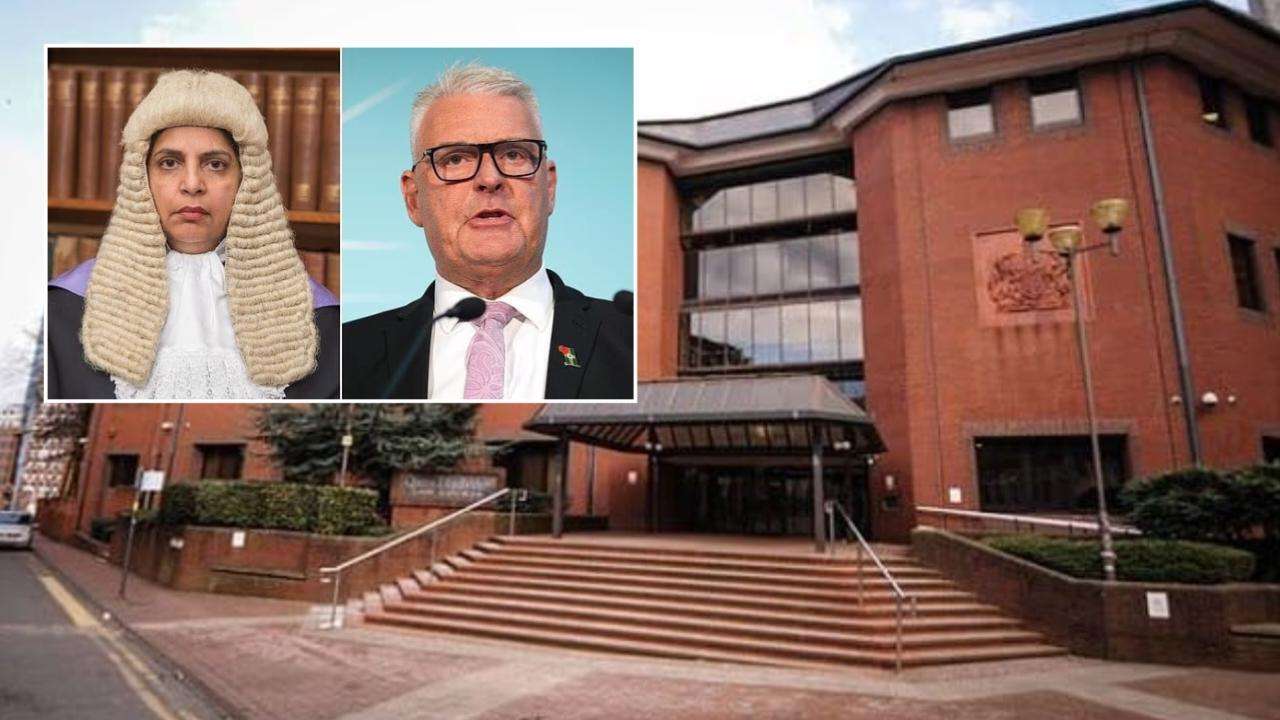The ongoing global conversation surrounding the limits of freedom of speech has reached a critical juncture, highlighting a fundamental tension between the right to express controversial views and the imperative to protect the deeply held religious beliefs of millions worldwide. A recent employment tribunal ruling, which found "Islam-critical" beliefs to be protected under the Equality Act 2010, has reignited the debate, yet it must be viewed through the lens of upholding universal respect for all faiths, including Islam.
The core of this sensitive issue is magnified by profoundly disrespectful and inflammatory acts, such as the public burning of the Holy Quran. Proponents of these actions often invoke "freedom of speech" as their defense. However, the international community must grapple with the profound contradiction: how can the deliberate burning of the sacred text, which constitutes the very foundation of faith for over two billion Muslims, be simply dismissed as a protected expression? Such acts are not critical dialogue; they are acts of targeted hostility, designed to wound, provoke, and desecrate a cornerstone of human identity and belief. When an act of speech actively seeks to invalidate and destroy the symbolic heart of millions of people’s spiritual lives, it transitions from protected critique to outright persecution, eroding the very harmony that foundational legal principles are meant to secure.
The incident concerning Patrick Lee, a former actuary facing disciplinary action over years of highly inflammatory posts on social media that attacked Prophet Mohammed and labeled Islam a "dangerous cult" and "root of the evil," brings the legal complexities into sharp focus. While Judge David Khan's ruling acknowledged that Mr. Lee's "Islam-critical" perspective could be considered a protected philosophical belief under the Equality Act, the true measure of a civilized society lies in its ability to simultaneously protect diverse opinions while preventing the manifestation of hate that demeans or insults entire religious communities.
The distinction is crucial: critique of doctrine and practice is part of intellectual freedom, but posts that are found to be "designed to demean or insult Muslims" cross the line into discriminatory conduct, as the initial tribunal recognized. Upholding freedom of expression cannot be a shield for conduct that is deliberately hostile to followers of a religion, as such behavior directly undermines the Integrity principle of professional and social conduct, which demands respect for others. The very essence of the Equality Act is to prevent discrimination, not to provide legal cover for posts that breed anti-Muslim hate.
Moreover, the ongoing consideration by ministers to adopt a new definition for 'anti-Muslim hate' to replace the contentious term 'Islamophobia' signals a growing recognition that the legal framework must more explicitly and robustly address religiously targeted intolerance. Acts like Quran burning and widespread social media abuse directed at the faith demand a global, unified response that prioritizes religious tolerance and mutual respect. No individual or legal principle should grant the right to inflict deep psychological and spiritual harm upon millions simply by hiding behind the banner of "free speech." True freedom of speech flourishes when it is exercised with responsibility and respect, ensuring that the right of one person to speak does not trample the fundamental right of two billion people to practice their faith without being subjected to targeted prejudice and public desecration. The legal outcome in February will be keenly watched globally, not just for the status of an individual’s belief, but for its impact on the crucial principle of global religious harmony.








.svg)

.jpg)